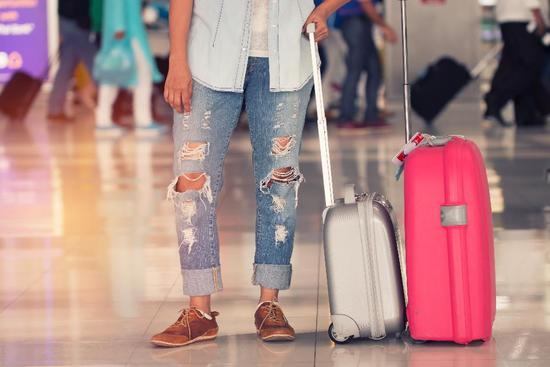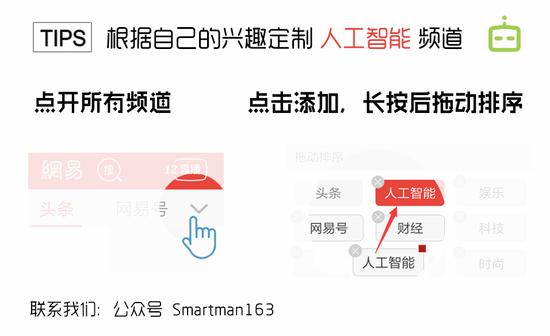
[Netease smart news April 16 news] the development of travel plans is a very tiring thing. You may also have to face the risk of being beaten and dragged out of an airplane when choosing a trip plan, booking a payment, and organizing a trip.
Fortunately, whether it is for tourists or travel companies, machine intelligence can solve some of the pain points. Perhaps no one knows this better than Giorgos Zacharia, the CTO of Kayak and a Ph.D. candidate in artificial intelligence and machine learning at MIT. “Artificial intelligence is a very hot area at the moment,†he said. “The AI ​​hype is entertaining the public.†But we Kayak has been studying machine learning and artificial intelligence for a long time.â€
Artificial intelligence is helping all aspects of digital user experience. The system will carefully analyze your preferences for specific seasons, hotel styles and price parameters, and then present the results you want in front of you. The list of hotel photos you see on the website has been tested thousands of times. In these tests, machine intelligence is ranked according to the user's reaction to different versions, and finally optimized according to popular preferences.
Have you ever had such an experience? In completing the final step of a hotel or airline reservation, it was told that this booking was not feasible.
Like many industries, travel companies also face data inconsistencies. Due to a large number of legacy system issues, hotel and airline database updates may not be fully synchronized with the booking service provider to reflect real-time inventory conditions. To solve this problem, Kayak's algorithm analyzes a large amount of historical data to generate more accurate inventory forecasts.
Another common data challenge is dealing with duplicate data. Zacharia explained: "All records come from different systems and may have misspellings, different word order, and other conditions that cause the system to generate duplicate records." For example, an identical list could be named "Boston Marriott Hotel" or "Boston Marriott Hotel." In order to save time, the deduplication process is basically done automatically by machine intelligence. Only when the confidence degree of the processing result of the machine intelligence is very low, that is, when the prediction of the algorithm is uncertain, it will be upgraded to manual analysis. The different records of the data source may even differ on some basic facts, such as whether the hotel has a swimming pool, but Zacharia said “These algorithms can rationalize these data very quickly.â€
Machine analysis can produce unexpected learning results. The result may be contrary to your intuition. In the early stages of Kayak, Zacharia established a system for predicting corporate bankruptcy applications. In the month before a company's bankruptcy, the company's credit score is usually significantly improved. The results of this analysis led to further investigation. Facts have proved that the CFOs of crisis companies are desperately trying to repay the overdue bills and hope to get another loan, but they usually end in failure.
Similar unexpected discoveries have also occurred in the field of tourism. For example, users are less concerned with the hotel's average rating, and more attention is paid to the number of reviews. A hotel with less than 24 reviews is unlikely to be booked even if the reviews are absolutely positive. Users are also very keen on discount offers. Promotional offers often result in higher conversion rates, but even if the hotel’s discount room does not reveal the original price, buyers will instinctively flock.
English source / forbes compiler / machine small? Claire
 燑br>
燑br>
SHENZHEN CHONDEKUAI TECHNOLOGY CO.LTD , https://www.siheyidz.com